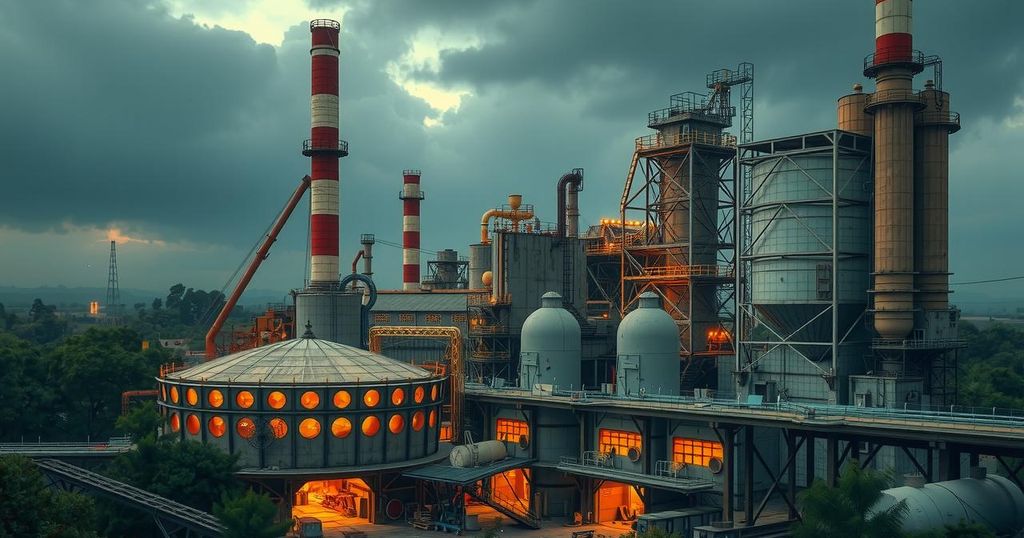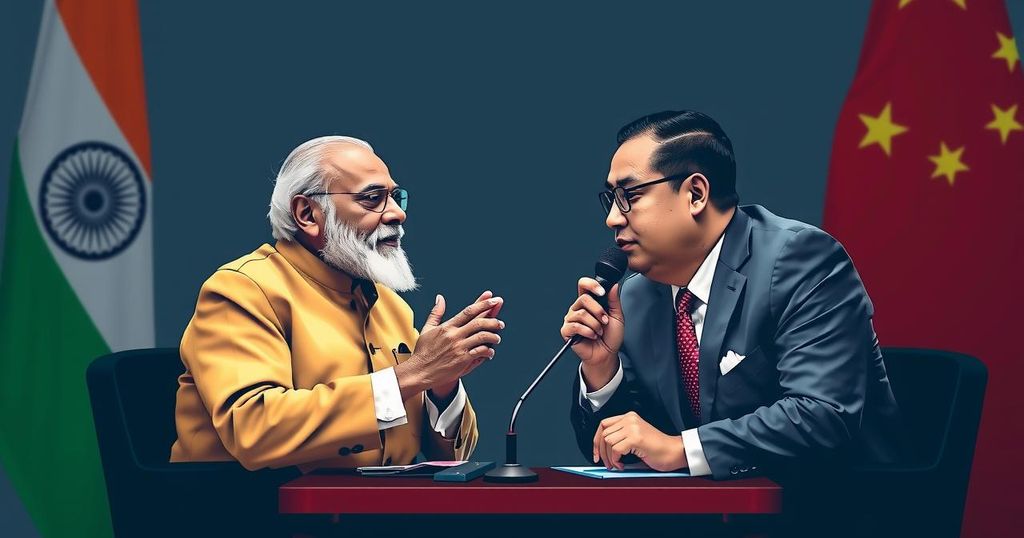Reflecting on 30 Years After the AMIA Attack: Milei’s Commitment Amid Ongoing Anguish
Summary
Thirty years after the AMIA bombing in Argentina, President Javier Milei promises renewed efforts for justice amidst a backdrop of skepticism from the victims’ families, who have experienced three decades of unfulfilled governmental pledges. While Milei’s administration signals a shift in policy, particularly towards Iran, many remain unconvinced that real change will occur, as historical patterns of corruption and negligence hinder the pursuit of accountability.
On the 30th anniversary of the 1994 terrorist attack on the Argentine Jewish community center, known as AMIA, President Javier Milei made promises to pursue justice for the victims and their families. The tragic bombing, which resulted in 85 fatalities and over 300 injuries, has seen no convictions for the perpetrators. During the memorial tributes, Milei joined family members and community leaders in mourning, yet many, including Diana Malamud, who lost her husband in the attack, expressed skepticism about tangible efforts towards justice after decades of disappointments. This occasion symbolized not only remembrance but also an enduring anguish, as past governments have repeatedly failed to hold those responsible accountable. President Milei’s administration marks a notable shift in Argentina’s foreign policy, particularly in its stance toward Iran, which has been accused of orchestrating the attack. His recent actions, which include signing legislation to establish July 18 as a national holiday of remembrance, have ignited cautious optimism. However, skepticism remains prevalent among community leaders, as expressed by Malamud: “The years go by, but nothing happens.” Additionally, despite Milei’s vocal declarations of support for Israel and condemnation of Hamas, the calls for substantive action from the government continue. The broader backdrop to this anniversary includes the Inter-American Court of Human Rights holding the Argentine state accountable for its failure to prevent the attack and demanding an investigation into alleged cover-ups related to Iran’s involvement.
The AMIA bombing of 1994 is one of the most significant antisemitic attacks in history, resulting in deep scars for the Argentine Jewish community and raising questions about national security and governmental accountability. Over the years, various Argentine leaders have made promises to pursue justice, but these have largely failed to yield results. The investigation has been plagued by corruption and a lack of progress, considering that no one has been convicted for the heinous act despite the enduring quest for the truth by victims’ families and the broader community. Milei’s election, combined with his strong rhetoric against Iran and his attempts to shift Argentina’s positioning within international dynamics, introduces a potential, albeit uncertain, chapter in this protracted struggle for justice.
As Argentina commemorates 30 years since the AMIA bombing, the persistent anguish of victims’ families underscores the challenges ahead. While President Javier Milei’s recent commitments may signal a new approach to confronting this historical tragedy, the community’s wariness reflects a hard-earned cynicism rooted in previous failures. The calls for real action rather than mere statements linger, highlighting the urgent need for accountability and resolution in a matter that has dominated Argentine history for decades.
Original Source: apnews.com








Post Comment